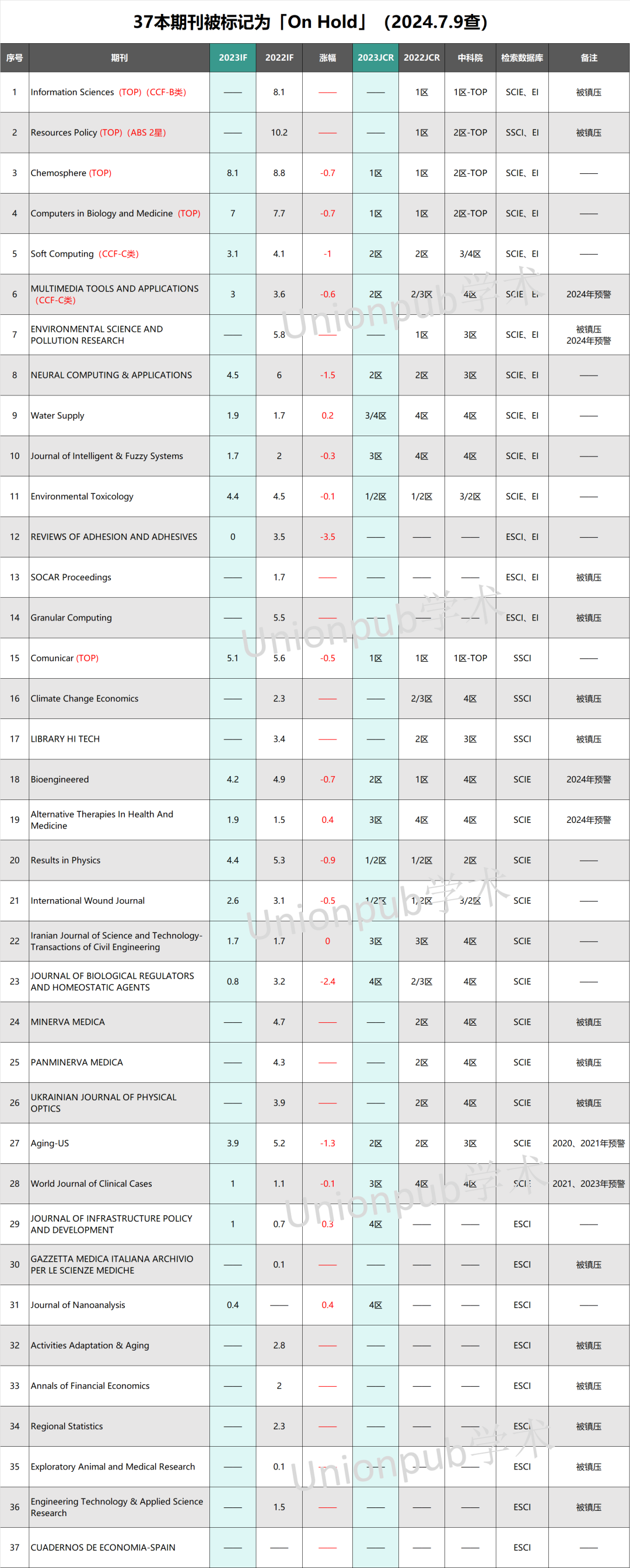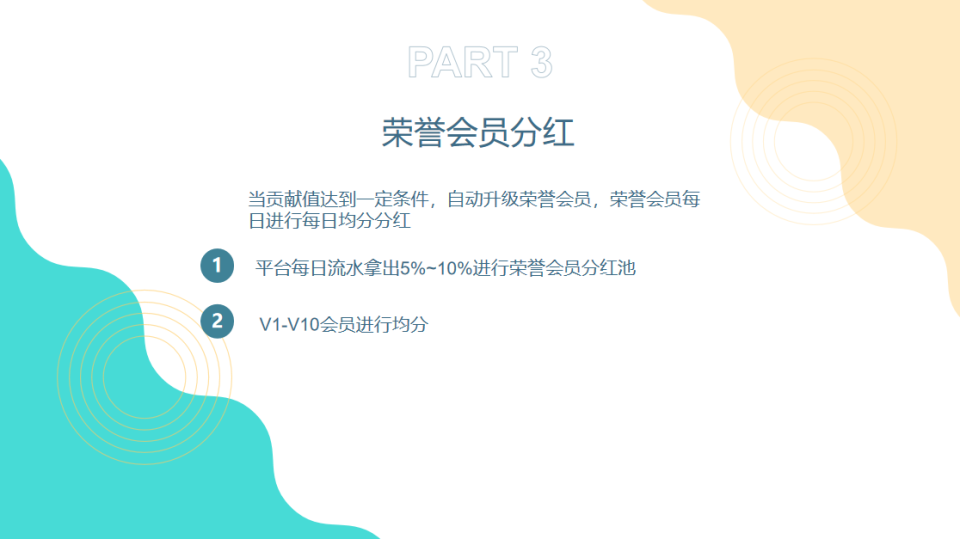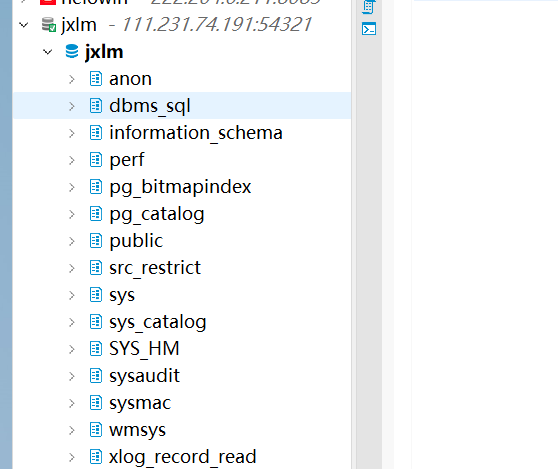首选需要node环境。你可以参考:如何创建一个vue的新项目,用命令行的方式创建.下载node.js-CSDN博客
所需要的内容官网:
https://vitejs.dev/
安装 | Element Plus
Vue Router | Vue.js 的官方路由
axios中文网|axios API 中文文档 | axios
-
下载最新的vite :
npm create vite@latest
然后写个项目名称, 项目框架,语言我选的ts

然后跳转到我们的项目中,下载依赖。npm install。

-
安装配置 Element Plus
- npm install element-plus --save
在main.js里面引入element-plus
import ElementPlus from 'element-plus' import 'element-plus/dist/index.css' const app = createApp(App) app.use(ElementPlus)
Element plus 中,Icon 需要单独配置:
npm install @element-plus/icons
在main.js里面配置
import * as ElIcon from '@element-plus/icons-vue'
Object.keys(ElIcon).forEach((key) => {
app.component(key, ElIcon[key])
-
配置路由,使用vue-router
npm install vue-router --save
在src 文件夹下新建 router 文件夹,然后新建 index.js
import { createRouter, createWebHistory, createWebHashHistory } from 'vue-router'
import type { RouteRecordRaw,_RouteRecordBase } from 'vue-router'
import Layout from '@/layout/index.vue'
/**
* constantRoutes
* a base page that does not have permission requirements
* all roles can be accessed
*/
export const constantRoutes:RouteRecordRaw[] = [
{
path: '/login',
component: () => import('@/views/login/index.vue'),
meta: {title: '用户登录', hidden: true},
},
{
path: '/404',
component: () => import('@/views/error-page/404.vue'),
hidden: true
},
{
path: '/401',
component: () => import('@/views/error-page/401.vue'),
hidden: true
},
{
path: '/redirect',
component: Layout,
meta: { hidden: true },
children: [
{
path: '/redirect/:path(.*)',
component: () => import('@/views/redirect/index.vue')
}
]
},
{
path: '/',
component: Layout,
redirect: '/home',
children: [
{
path: 'home',
component: () => import ("@/views/home/index.vue"),
name: 'Home',
meta: { title: 'Dashboard', icon: 'HomeFilled', affix: true }
}
]
},
]
/**
* asyncRoutes
* the routes that need to be dynamically loaded based on user roles
*/
export const asyncRoutes:RouteRecordRaw[] = [
// 404 page must be placed at the end !!!
{ path: '/:pathMatch(.*)', redirect: '/404', hidden: true }
]
const router = createRouter({
history: createWebHashHistory(import.meta.env.BASE_URL),
routes: [
...constantRoutes,
...asyncRoutes
]
})
export const addRoutes = (routes:RouteRecordRaw[]) => {
for(let i = 0; i < routes.length; i++) {
router.addRoute(routes[i])
}
}
export default router
在main.js里面引入
import router from './router' app.use(router)
-
.安装配置 Axios
npm i axios -- save
在 src 文件夹下新建 utils 文件夹,在 utils 文件夹下新建 http 文件夹,然后 新建 axios.js 和 http.js。
axios.js:主要用来创建 axios 实例、拦截请求和响应。http.js:主要用来封装各种请求。

在 vite.config.js 配置跨域:



















